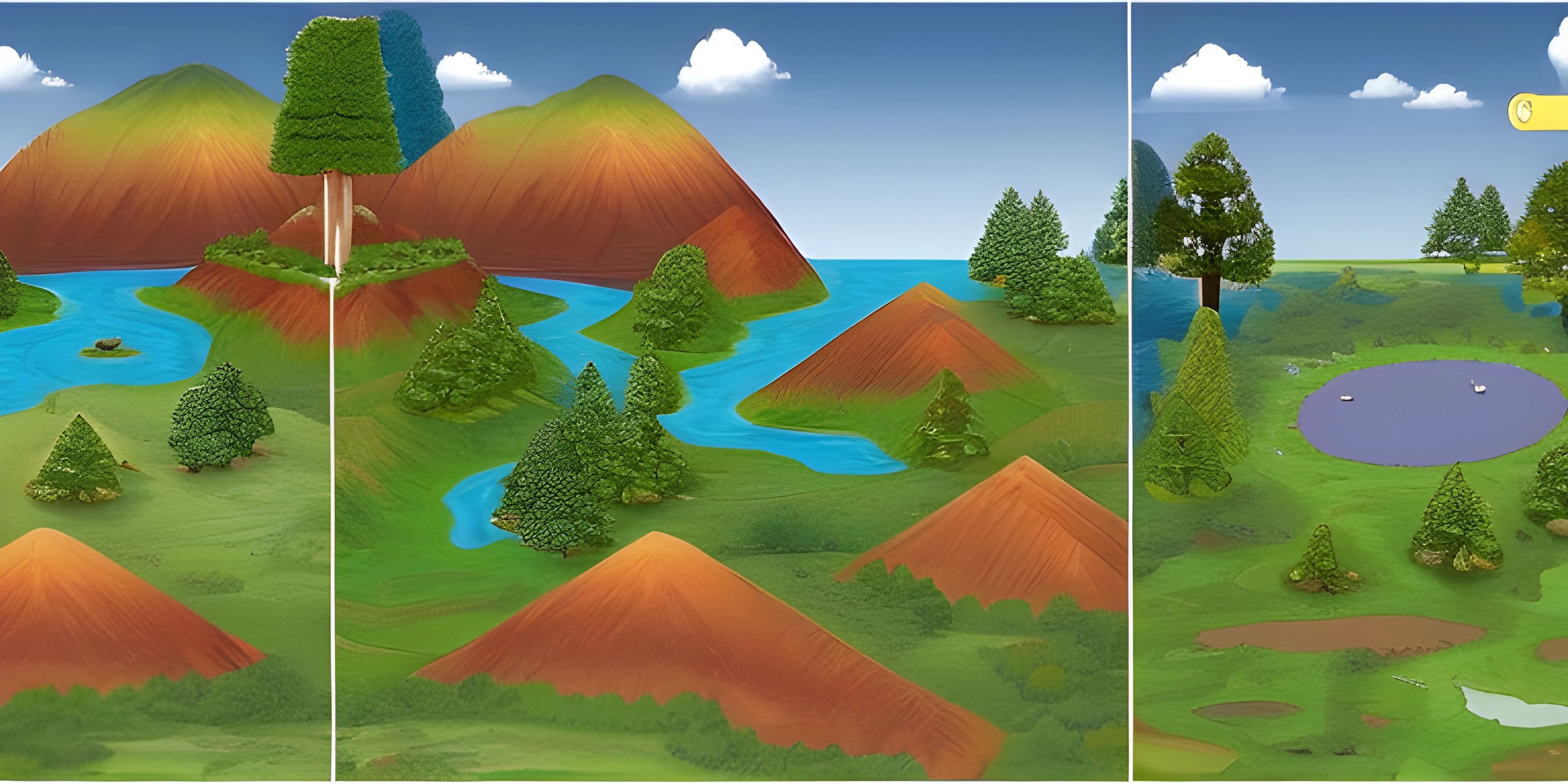Understanding Algorithms

Note: this page has been created with the use of AI. Please take caution, and note that the content of this page does not necessarily reflect the opinion of Cratecode.
Ever been lost in a city and had to ask for directions to your destination? Or perhaps you've followed a recipe to bake that delicious chocolate cake? If so, you've used an algorithm!
Algorithms, Defined
Algorithms are essentially step-by-step sets of instructions to solve a problem or reach a defined outcome. In the world of programming, they are like the recipe for your code to follow to whip up a delicious application.
How Algorithms Work
Imagine you're a robot chef. Your task: to cook a simple scrambled eggs. The algorithm for this might look like this:
1. Gather "eggs", "salt", "butter", "pan", and "stove". 2. Crack the "eggs" into a "bowl". 3. Add a pinch of "salt" to the "eggs". 4. Stir the "eggs" and "salt" together. 5. Heat the "pan" on the "stove". 6. Add some "butter" to the "pan". 7. Pour the "eggs" into the "pan". 8. Stir gently until the "eggs" are cooked. 9. Serve the scrambled "eggs".
This is an algorithm! It’s a series of steps that achieve a particular goal. And just like our robot chef, a computer follows the steps in an algorithm to achieve a result.
The Importance of Algorithms
Algorithms are important because they provide a way to perform complex tasks and solve problems. They make the code more efficient and manageable. Without algorithms, we would have to write out every single possible step in our code, which would be time-consuming and error-prone.
Algorithms are also reusable. Once you have a good algorithm for a problem, you can use it in different programs or situations. This is like having a secret recipe that you can whip out whenever you need a delicious dish!
Real-World Applications of Algorithms
Algorithms aren't just confined to the world of coding. They are used extensively in everyday life, from navigation systems that find the fastest route to your destination, to search engines that fetch the most relevant results. Google’s search algorithm, for example, is one of the most complex and well-known algorithms in the world.
Hey there! Want to learn more? Cratecode is an online learning platform that lets you forge your own path. Click here to check out a lesson: What Programming Means (psst, it's free!).
FAQ
What is an algorithm?
An algorithm is a step-by-step set of instructions designed to perform a specific task or solve a specific problem.
How do algorithms work in programming?
In programming, algorithms are used to outline a specific set of instructions for the computer to follow to achieve a particular outcome or solve a specific problem. The computer follows the steps in the algorithm in the order they are written.
What are some real-world applications of algorithms?
Algorithms are used in a variety of real-world applications, from navigation systems that calculate the fastest route to your destination, to search engines that return the most relevant results based on your query. They are also used in complex data analysis, artificial intelligence, and machine learning.
Why are algorithms important in programming?
Algorithms are important in programming because they provide a way to perform complex tasks and solve problems in a systematic and efficient way. They make the code more efficient and manageable, and they are reusable, which means you can use the same algorithm to solve similar problems in different programs or situations.
Can I apply the concept of algorithms outside of coding?
Absolutely! Algorithms are essentially problem-solving tools, and problems are not exclusive to coding. Whether it's following a recipe, planning a trip, or organizing your day, you're using algorithms. They help us break down complex tasks into manageable steps.





